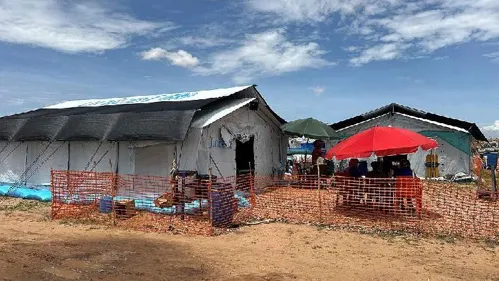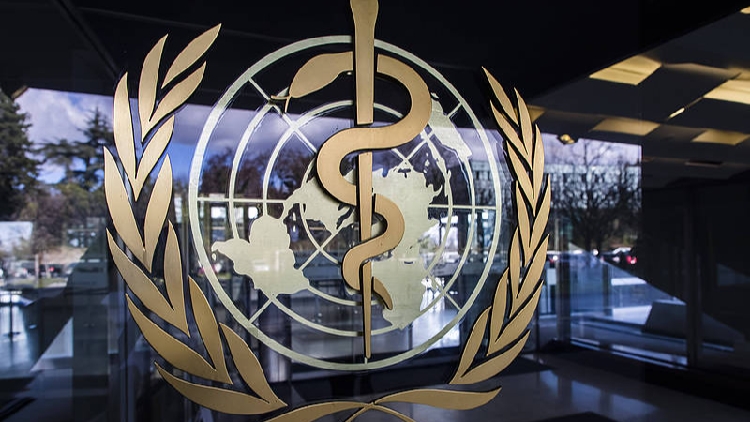WHO warns global cholera outbreaks worsen urges swift action

The World Health Organization (WHO) has issued a stark warning regarding the alarming rise in cholera outbreaks worldwide, urging immediate action to address this growing public health crisis. The increase in cases has been primarily driven by the compounded effects of conflict and poverty, which create conditions conducive to the spread of the disease.
According to the most recent Disease Outbreak News, from January 1 to August 17, 2025, there have been 409,000 reported cholera cases globally, resulting in 4,738 deaths across 31 countries. Notably, six countries saw case fatality rates exceeding 1 percent, underscoring the severity of the situation.
The WHO's report highlights that the Eastern Mediterranean Region has experienced the highest number of cholera cases, while the African Region has reported the greatest number of fatalities. These statistics illustrate the disproportionate impact of cholera in these vulnerable areas.
Several factors have been identified as contributing to the surge in cholera cases, including ongoing conflict, mass displacement of populations, natural disasters, and the overarching effects of climate change. These elements have exacerbated public health challenges, particularly in rural regions where infrastructure is lacking and access to healthcare services is severely limited.
The complexities of these outbreaks have increased significantly, making them more difficult to control. The interplay of cross-border challenges has further complicated efforts to manage cholera, necessitating a coordinated international response.
To mitigate the ongoing cholera emergency and avert future outbreaks, the WHO emphasizes the critical need for access to safe drinking water, sanitation, and hygiene practices. These elements are essential for providing a sustainable, long-term solution to this persistent public health threat.
The organization assesses the risk of further cholera spread, both within affected countries and across borders, as very high due to the magnitude and interconnected nature of the outbreaks. Urgent action is therefore required to address these growing concerns.
In response, the WHO recommends a multifaceted approach focused on strengthening disease surveillance, enhancing case management processes, and scaling up interventions related to Water, Sanitation, and Hygiene (WASH). Furthermore, vaccination campaigns should be conducted alongside improved coordination between neighboring countries to implement effective public health measures.
Read These Next

China Calls on US to Avoid Politics in COVID-19 Origins Probe
China urges the US to halt political maneuvering on COVID-19 origins, emphasizing transparency and international collaboration.

Moon Soil Samples to be Featured at World Expo 2023
Moon soil samples from China’s Chang'e-6 mission will be showcased together for the first time at World Expo 2025 in Osaka.

Solar Cars and Tire Dust Shape Automobile Future at Goodwood
The Goodwood Festival of Speed focused on sustainability with the theme 'Horseless to Hybrid,' showcasing innovations in eco-friendly vehicles.
